Can Cats Eat Mushrooms? Are They Good or Bad?
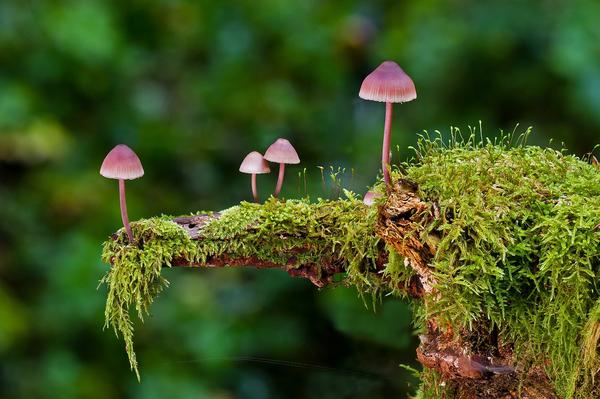
Are you worried sick that your beloved feline companion might gobble up a mysterious mushroom and end up in a "cat-tastrophe"?
Well, hold your whiskers...
Let's dig into the curious case of cats and mushrooms together.🍄
Are you ready?
Meow, let's begin.
Can Cats Eat Mushrooms?
While some mushrooms are safe for cats, you should be cautious. Common varieties like white, button, or portobello are generally safe in moderation, but wild mushrooms can be toxic. Fried mushrooms should be avoided. If offered, ensure they're well-cooked and served in small amounts.
Can cats eat mushrooms?
Well, let's dive right in and find out.
You see, mushrooms come in all shapes and sizes (but please, do not go around picking random mushrooms in the wild). Different mushrooms have varying levels of toxicity.
Some can cause severe health issues or even be fatal for cats.
So, you gotta be careful.
It's good news though! Commonly available mushrooms like white, button, or portobello are generally safe for cats.
BUT that doesn't mean it's a free-for-all shroom buffet for your feline friend.
Even with those safer mushrooms, it's best to feed them to your cat in moderation.
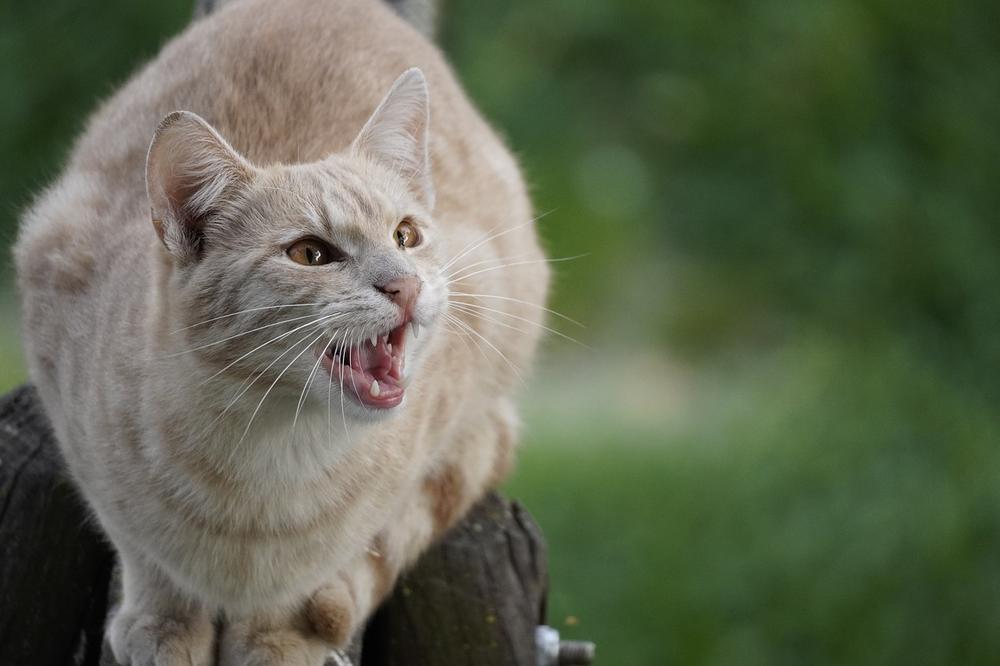
And you should always cook mushrooms before offering them, without any seasonings or oils. Simple and plain is the way to go.
Now, here's the thing...
There are several varieties of wild mushrooms that can be highly toxic and difficult to identify. So, steer clear of letting your cat munch on those funky fungi from the forest.
What about fried mushrooms, you ask?
Well, I hate to break it to you, but fried mushrooms may cause digestive issues and weight problems for your furry companion.
It's probably best to avoid them altogether.
When it comes to mushrooms, err on the side of caution. It's better to prevent cats from consuming any type of mushroom, especially wild or dried ones. You don't want to expose your kitty to harmful substances lurking within.
With that being said, mushrooms aren't really necessary for cats' regular diet.
But, if you occasionally offer mushrooms to your feline friend, make sure they're well-cooked (plain and simple) and served in small amounts.
Who knows, they might even provide some nutritional benefits like amino acids, selenium, vitamin B, and antioxidants - contributing to a balanced feline feast.
Signs Your Cat Has Eaten Mushrooms
Watch for symptoms of mushroom poisoning in cats
Cats are curious creatures, always sniffing around and getting into things they shouldn't. And mushrooms are no exception...
If your feline friend has managed to get their paws on some mushrooms, you should keep a close eye on them.
Beware of these signs of mushroom poisoning
You've probably heard the saying "curiosity killed the cat," and in this case, it could ring true.
Look out for symptoms such as vomiting, diarrhea, jaundice, disorientation, seizures, or weakness. These can all be indications that your cat has eaten mushrooms that don't sit well with their delicate stomachs.
Well, you might ask why it matters if your furry companion chows down on mushrooms?
Let me tell you, my friend.
Mushroom poisoning in cats can have severe consequences.
It can lead to dehydration, respiratory and neurological problems, liver and kidney toxicity, coma, and even death. We definitely don't want any of that!
Act fast and seek veterinary assistance
If you notice any unusual behavior or suspect mushroom poisoning, don't hesitate!
Call your vet right away and describe what you've observed.
If possible, provide a photo or sample of the mushrooms your cat nibbled on.
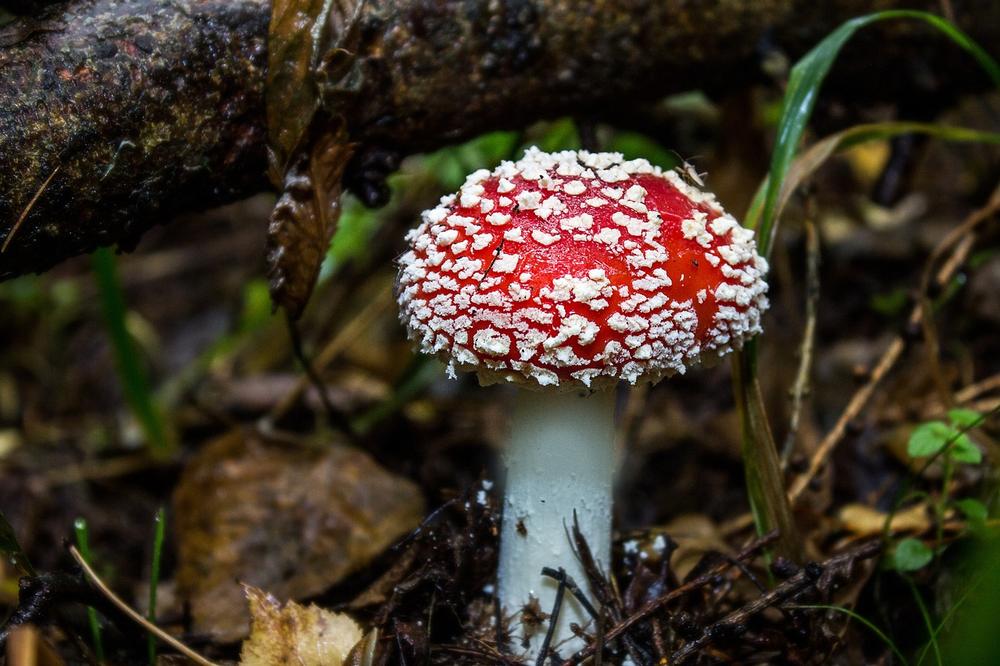
This information can help the vet determine the best course of action.
Treatment options will depend on the type of mushrooms ingested, and they may involve inducing vomiting, administering activated charcoal, hospitalization, fluids, medication, and liver support. The sooner you act, the better the chances of a positive outcome for your beloved kitty.
Keep mushrooms out of reach for cats' safety
Now, here's something critical to remember:
Prevention is key.
A stitch in time saves nine, as they say. You should take precautions to prevent your cat from accessing wild mushrooms, as they are highly toxic to both humans and cats.
Additionally, cats should never consume psychedelic mushrooms or recreational drugs. I mean, that goes for both cats and humans, right?
If you have an outdoor cat who likes to explore the backyard or beyond, they are particularly at risk of encountering harmful mushrooms.
So, you ought to ensure their safety by keeping them away from areas where wild mushrooms might grow.
Oh, and don't forget, my friend – cats rely on us to keep them safe. So let's be vigilant and protect our furry companions from the dangers of mushrooms!
And by the way, did you know that some types of mushrooms can actually be beneficial for cats?
Stick around to find out which mushrooms are safe for your feline friend and how they can potentially boost their health...
Why Would a Cat Eat Mushrooms?
Cats are attracted to the scent of mushrooms due to the amino acid glutamate, which satisfies their carnivorous nature. However, feeding them mushrooms may develop a dangerous preference for fungi. Certain mushrooms can be harmful or even fatal if ingested, so it's best to avoid them altogether.
Cats eat mushrooms for a couple of reasons. First, cats are attracted to the smell of mushrooms because of the amino acid glutamate. This amino acid taps into their primal instincts, satisfying their carnivorous nature. You see, cats have evolved to seek out protein-rich foods, and mushrooms provide a scent that appeals to that drive.
It's like an invisible magnet drawing them in.
But there's something else you need to know...
Feeding your cat mushrooms may cause them to develop a taste for fungi.
And while it might seem harmless at first, this preference can be dangerous if your furry friend comes into contact with wild mushrooms.
Not all mushrooms are safe for cats, and some can cause serious harm or even be fatal if ingested.
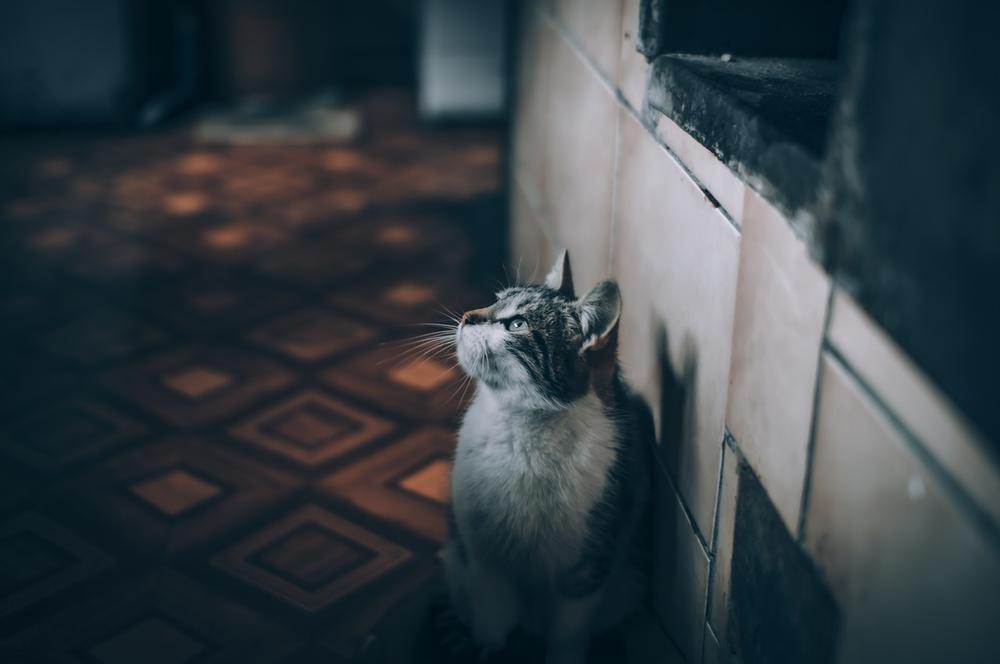
Here's why cats find mushrooms so enticing...
Mushrooms possess umami flavors that resemble the taste of meat.
Umami is like a flavor explosion on your cat's tongue, triggering their pleasure centers and making mushrooms absolutely irresistible to them.
So, be mindful of the mushrooms your cat encounters.
It's best to avoid giving them mushrooms altogether, especially if they roam outside and have access to a variety of wild fungi.
But what about the mushrooms you cook with?
Can you share your favorite fungi-filled meals with your feline companion without putting their health at risk?
Well, I have some good news for you!
Are Mushrooms Used in Commercial Cat Food?
Mushrooms aren't commonly found in commercial cat food, but it might surprise you to know that they can be dangerous for our furry friends. That being said, mushrooms sold in stores, which are deemed safe for humans, are also safe for cats.
Your standard variations like button, cremini, and portobello can actually be enjoyed by your feline companions in moderation.
You have to remember the importance of moderation when incorporating mushrooms into your cat's diet. So, while uncommon in cat food, mushrooms can still make a fungi-tastic addition to your cat's menu (but only in small amounts).
What Other Foods Are Safe for Cats?
If you want to provide a well-rounded and nutritious diet for your cat, focus on foods rich in animal-based protein.
Cats require over 50% protein in their recommended nutritional ratios because they struggle to fully digest carbohydrates. So, give them the good stuff!
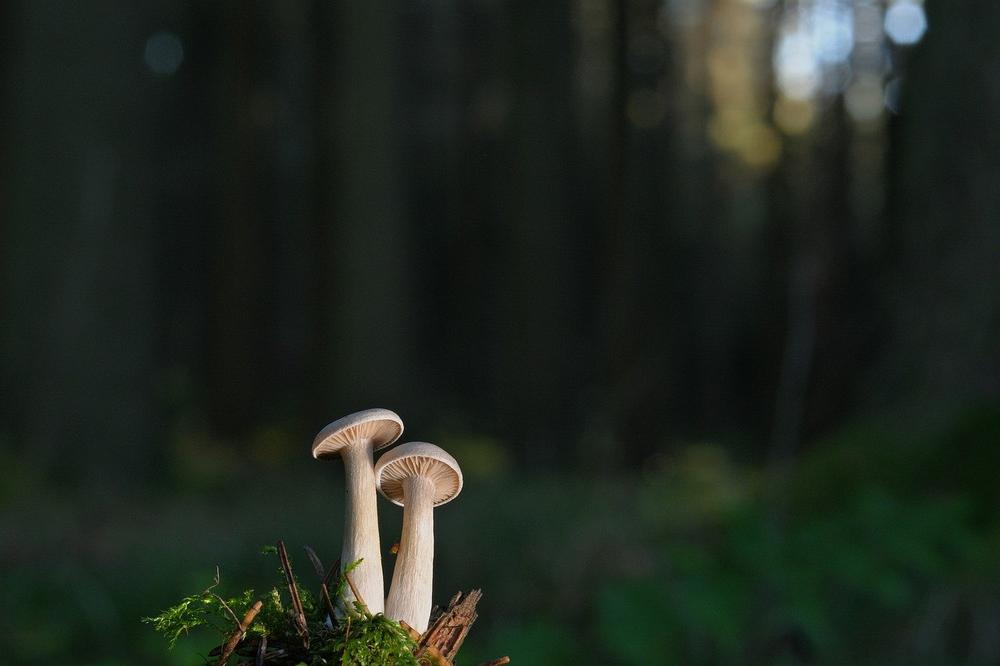
Here's a list of safe and beneficial foods for cats:
- High-quality meat: Such as chicken, turkey, beef, or lamb. This will satisfy their protein needs.
- Fish: Opt for cooked fish like salmon or tuna. Make sure it's boneless and without any additional seasonings.
- Eggs: A great source of protein. These can be boiled or scrambled for your feline friend.
- Whole grains: Small amounts of cooked brown rice or oatmeal can add variety to their diet.
- Limited fruits: Cats are obligate carnivores, but small portions of mashed or pureed berries can be an occasional treat.
Avoid feeding your cat foods that are toxic or harmful to their health, such as chocolate, grapes, garlic, onions, or anything with excessive salt or sugar.
Moderation is key when it comes to treats. Overfeeding can lead to obesity and other health issues in cats.
Keep your fur baby happy and healthy by providing a balanced diet that meets their specific nutritional needs!
Last word
- Not all mushrooms are suitable for cats to eat.
- Commonly available mushrooms like white, button, or portobello are generally safe.
- Wild mushrooms can be highly toxic and difficult to identify.
- Avoid feeding cats fried mushrooms as they may cause digestive issues.
- Err on the side of caution and prevent cats from consuming any type of mushroom.
- Wild and dried mushrooms can expose cats to harmful substances.
- Mushrooms can offer nutritional benefits such as amino acids and vitamins.
- If feeding mushrooms, they should be well-cooked without seasonings or oils.
- Mushroom poisoning can have severe consequences on a cat's health.
- Prompt veterinary assistance is necessary if a cat shows signs of mushroom toxicity.
- Symptoms of mushroom toxicity in cats include jaundice, weakness, and seizures.
- Preventing access to wild mushrooms is crucial for both humans and cats.
- Cats should never consume psychedelic mushrooms or recreational drugs.
- Cats are drawn to the smell of mushrooms due to their innate desire for protein.
- Feeding cats mushrooms may cause them to develop a preference for fungi.
And that wraps up today's article.
If you wish to read more of my useful articles, I recommend you check out some of these: Can Cats Eat Fennel, Can Cats Eat Spearmint, Can Cats Eat Oysters, Does Dry Cat Food Go Bad, and Can Cats Eat Chocolate
Talk soon,
-Sarah Davis